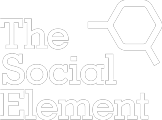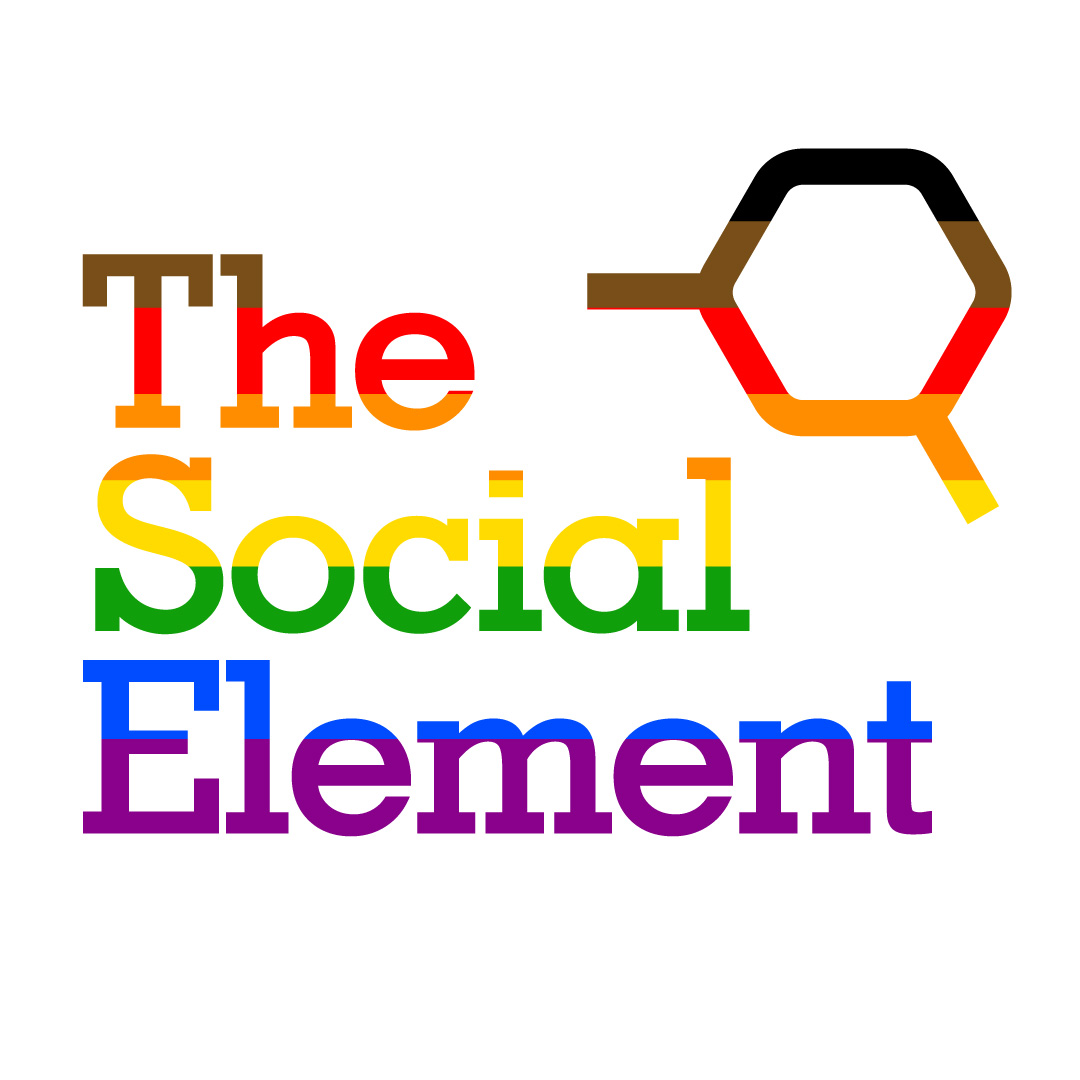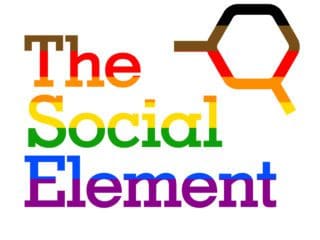In Ashley Cooksley’s post on what brands are doing to mark Pride this year, she talked about the importance of creating an inclusive culture for LGBTQ+ people at work, that lasts well beyond Pride month.
Stonewall’s research finds that more than a third of LGBTQ+ staff hide their identity at work, for fear of discrimination. Shockingly, one in ten Black, Asian and Minority Ethnic (BAME) LGBTQ+ employees have been physically attacked by a customer or a colleague in the last year.
A truly inclusive culture needs to be developed and nurtured. It takes time, resources and effort. But the rewards are boundless.
As Pride month ends, here are a few things you could consider, to support LGBTQ+ colleagues beyond June each year.
Role models and mentoring. We should all be able to bring our true selves to work, and be authentic. Having LGBTQ+ role models who are visible in the workplace and who can mentor others will help people feel supported and welcome.
Policies. Be explicit in your workplace policies and contracts about your approach to inclusion, including things like parental leave or adoption policies. All employees, partners, clients and suppliers should support the company culture of inclusion, and what that means in practical application – respect and ethical behaviour, and zero tolerance of discrimination. Consider training your teams in diversity and inclusion, and hold everyone to account for their behaviour and language.
Create a safe and inclusive workspace. That might include gender-neutral bathrooms, and gender neutral dress codes, for example.
Language. There’s a great post on the London School of Economics blog that talks about the importance of language, both in terms of understanding current terminology and thinking about how you use (and misuse) gendered language. Self identification is important; at The Social Element we are introducing a programme to include our pronouns on things like email signatures (suggested by our Technical Solutions Director, Abe Blackburn), so we are being explicit about how clients and colleagues should address us.
If you want to know more about language and gender, Abe gave an amazing talk at the Hyperpolyglot conference, which you can watch here.
Networks. Larger organisations might consider creating their own LGBTQ+ network to bring inclusive thinking into the organisation. Smaller businesses could join external networks (our CEO, Tamara Littleton, is a member of SeriesQ,the network for LGBTQ at startups, and also Outvertising, the not-for-profit LGBTQ+ advertising and marketing advocacy group, for example). Always champion diversity and inclusion by clearly challenging observed behaviours that are not inclusive, and promoting positive learning from LGBTQ+ colleagues who are willing to share their experiences.
Above all, think of LGBTQ+ inclusion as a learning journey, one that is always growing and evolving, rather than just something you think about during Pride month.






Leave a Reply